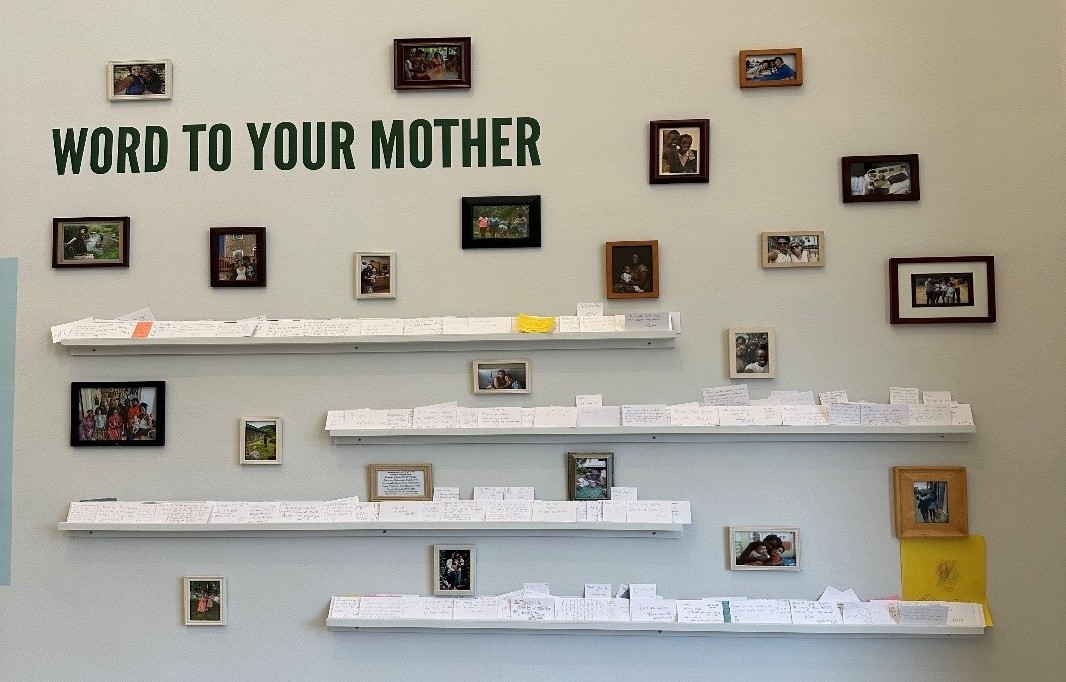May 12, 2009 – One morning in November 2004, a CTA bus stopped at Catalpa and Broadway in Uptown for a woman and her daughter, who was using a motorized wheelchair because she had torn a ligament in her foot.
As the daughter wheeled up to the bus lift, she got stuck and couldn’t move her scooter.
“The operator kept saying f-ing this and f-ing that,” the unidentified rider stated in a complaint filed with the CTA.
This was one of 508 ADA-related complaints reported by the CTA that year.
When the woman tried to explain it was her daughter’s first time using the wheelchair, the unidentified driver replied, “She shouldn’t be on the f-ing bus if she doesn’t know how to use the scooter.” The woman, who was crying as she reported the incident to the Chicago Transit Authority, said she didn’t understand how the driver could be so rude to her and her daughter.
In June 2007, another CTA customer complained that a driver yelled at her and drove so fast she fell. The unidentified customer‘s troubles began when she boarded the bus at Belmont and Kedzie in Avondale, using a cane and wheeling a suitcase. The driver wouldn’t lower the steps, then yelled as the rider struggled to pay the rest of the fare.
“I explained that I was looking for the quarter. The driver then told me, ‘I am not waiting here all night, I am going,’ and he began driving the bus, as I lost my balance and my luggage and I went flying. This driver needs training on how to deal and work with people and even further sensitivity training! The driver clearly saw that I was handicapped and still took off without me being seated,” the customer said in an e-mail.
“Had it not been for other passengers on the bus [who] assisted me and helped me I would have been injured further and then we would be discussing a lawsuit! This driver’s lack of concern for my well being and accommodation for the handicapped is also clearly in violation of the Americans [with] Disabilities Act… God forbid he is ever in my circumstance and need help.”
It’s unclear what if anything happened to the CTA employees involved in either of these complaints or the roughly 2,000 others filed from Jan. 1, 2004, through Feb. 28, 2009, as the transit system repeatedly declined to answer questions over the phone or meet in person with reporters.
But in a written statement, Terry Levin, the CTA’s Freedom of Information officer, noted the system “delivered more than 2.5 billion bus and train rides during your study period,” adding the CTA takes all complaints “very seriously.”
The CTA began keeping track of ADA-related complaints as part of a 2001 settlement of a lawsuit filed by a local disability group, Access Living, and nine disabled plaintiffs. The CTA would not say what if any study it does of the complaints, nor would it make the complaints available electronically, which would make it easier for outsiders to analyze the public agency’s performance in serving disabled customers.
Kevin Irvine, chairman of the CTA’s ADA Advisory Committee, said the transit system should be looking for a pattern of problems then fixing them. The CTA provides the advisory committee, comprised of advocates and other volunteers, with monthly summaries of the ADA-related complaints.
“We want to make sure they’re looking for patterns of problems,” said Irvine. “If they get 20 complaints on a particular issue, they are aware that this is just more than an isolated problem and will require more than an isolated solution.”
For instance, in 2007, there were seven complaints of customers having trouble using the CTA because they had guide dogs. An unidentified customer called in November 2007 to report that drivers on two buses had refused to allow him to board with his service animal. The caller said he would contact the police and he also stated the operators had violated federal law. Before ending his complaint call, the man said he “doesn’t like to be humiliated in front of other people.”
Four additional complaints were filed in 2008, including one about an incident in which a bus driver failed to stop for a man in a wheelchair and his service dog. When the unidentified customer caught up with the bus at a later stop, he asked why she didn’t stop for him and was told, “You have a dog.” The customer tried to explain that it was a service dog and would sit on his wheelchair once on the bus.
The operator responded, “I don’t have to listen to your shit and I don’t have to pick you up if I don’t want to,” according to the September 2008 complaint. The driver then drove away, leaving the man and other customers by the side of the road.
Some riders question whether the CTA properly tracks and follows up on complaints.
Sheila Thomas-Akhtar, a plaintiff in the 2000 lawsuit and a wheelchair user, takes the 156 LaSalle bus on weekdays to get to her job downtown as a paralegal in disability and civil rights law.
Over a six-month period last year, Thomas-Akhtar said she complained to the CTA at least seven times about broken bus equipment and rude drivers. Yet she rarely hears back and has to keep following up. On one occasion, she said, the CTA lost the record of her complaint entirely. That’s why she usually makes sure to get a complaint number each time she reports a problem.
Other riders are just as frustrated.
Mary Delgado, another plaintiff in the lawsuit, said she frequently complains about broken bus lifts. And like Thomas-Akhtar, she’s often unsatisfied with the CTA’s response. When reporting a problem last year, the CTA employee taking her call asked Delgado if she wanted to classify her issue as a complaint or a compliment – after being told what the problem was.
“No wonder I never got anywhere,” said Delgado.
Thomas-Akhtar said it’s important for customers to report problems because if enough complaints get filed with the CTA, the transit system is more likely to respond.
“It puts [the CTA] on notice that they’re not doing a good job,” she said.
To file a complaint, call CTA’s customer assistant hotline, 1-888-YOUR-CTA. If specifically reporting misconduct of a CTA employee, call the CTA’s Office of Inspector General, 1-777-CTA-TIME.
Elizabeth Czupta contributed to this report.
Contact Danielle Desjardins at danielle.desjardins@hotmail.com or Kaitlyn McAvoy at kait101@sbcglobal.net.
Check out the rest of the CTA investigation:
Investigation Finds Handicapped Accessibility Issues Plague CTA by Zach Wilmes
Broken CTA Facilities, Slow Repairs Create Problems for Disabled Customers by Elizabeth Czupta
Injury and Equipment Breakdowns Continue to Trouble Some Disabled CTA Riders by Kirsten Steinbeck
Disabled Riders Experience Years of Inconsistency in CTA Service by Danielle Desjardins
Advisory Group Works to Improve Access for Disabled CTA Riders by Kirsten Steinbeck
ChicagoTalks Video: CTA Improves But Some Disabled Still Complain by Elizabeth Czupta
INVESTIGATION: Disabled And Downtown On The CTA by Eli Kaberon
INVESTIGATION: The Inaccessible CTA by Kaitlyn McAvoy






Be First to Comment